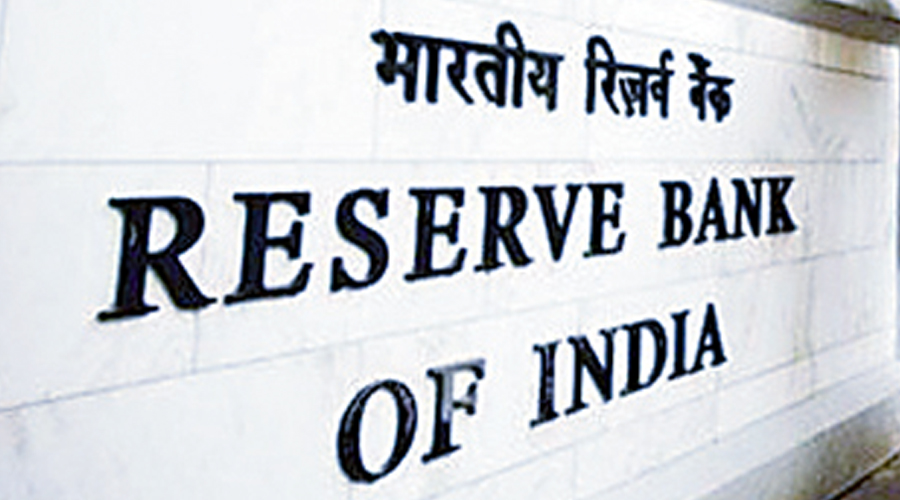Reserve Bank of India (RBI) governor Shaktikanta Das on Friday said inflation in India has peaked and is now on a downward trajectory. The central bank, however, is not ruling out bumps on the road as the headline number reaches 5 per cent in the first quarter of the next fiscal.
The RBI is examining the reasons behind the first quarter GDP number coming below its forecast and has already identified 2-3 areas of concern. Das made these comments in an interview to Zee Business. Retail inflation remained above the RBI’s upper bound of 6 per cent for the seventh consecutive month in July when it stood at 6.71 per cent.
This was, however, lower than 7.01 per cent in the previous month. Das spoke about the globalisation of inflation as he sought to drive home the point that global factors were impacting on prices in India. Though it is moderating in the US, it remains high in the European Union.
“The world situation on the inflation front is changing every day. After reaching its peak of 7.8 per cent in April, inflation has started to come down in India.”
“This fiscal we have forecast inflation at 6.7 per cent, which will come down. This will not be a smooth ride, there will be bumps, but the direction is going down,’’ he said. One reason behind the fall in inflation is the declining international crude oil price: it is now at $95 per barrel much less than RBI’s forecast of $105 for the year.
Besides, global commodity prices and food prices are falling. On whether the RBI is willing to sacrifice growth in favour of controlling inflation, Das said its April statement had set the sequence of priorities wherein inflation came first, followed by growth. Provisions in the RBI Act also clearly say that inflation control or price stability is the prime responsibility of the central bank while keeping in mind the objective of growth.
Das said that the RBI will always seek to minimise the impact of growth as it raises interest rates to quell inflation. He said the impact of the global slowdown will be felt on India. At the same time economic activity in India remains resilient both in urban and rural India.
The rainfall, also, has been good this year. He said the apex bank was ascertaining the reasons behind why growth in the first quarter at 13.5 per cent came below its projections of 16.2 per cent. These will be disclosed after the next meeting.. On the rupee’s movement, he said that the Indian currency has fallen less in comparison to others. The rupee on Friday fell 31 paise to close at 79.87 to the dollar because of strong dollar demand from importers, according to PTI.











